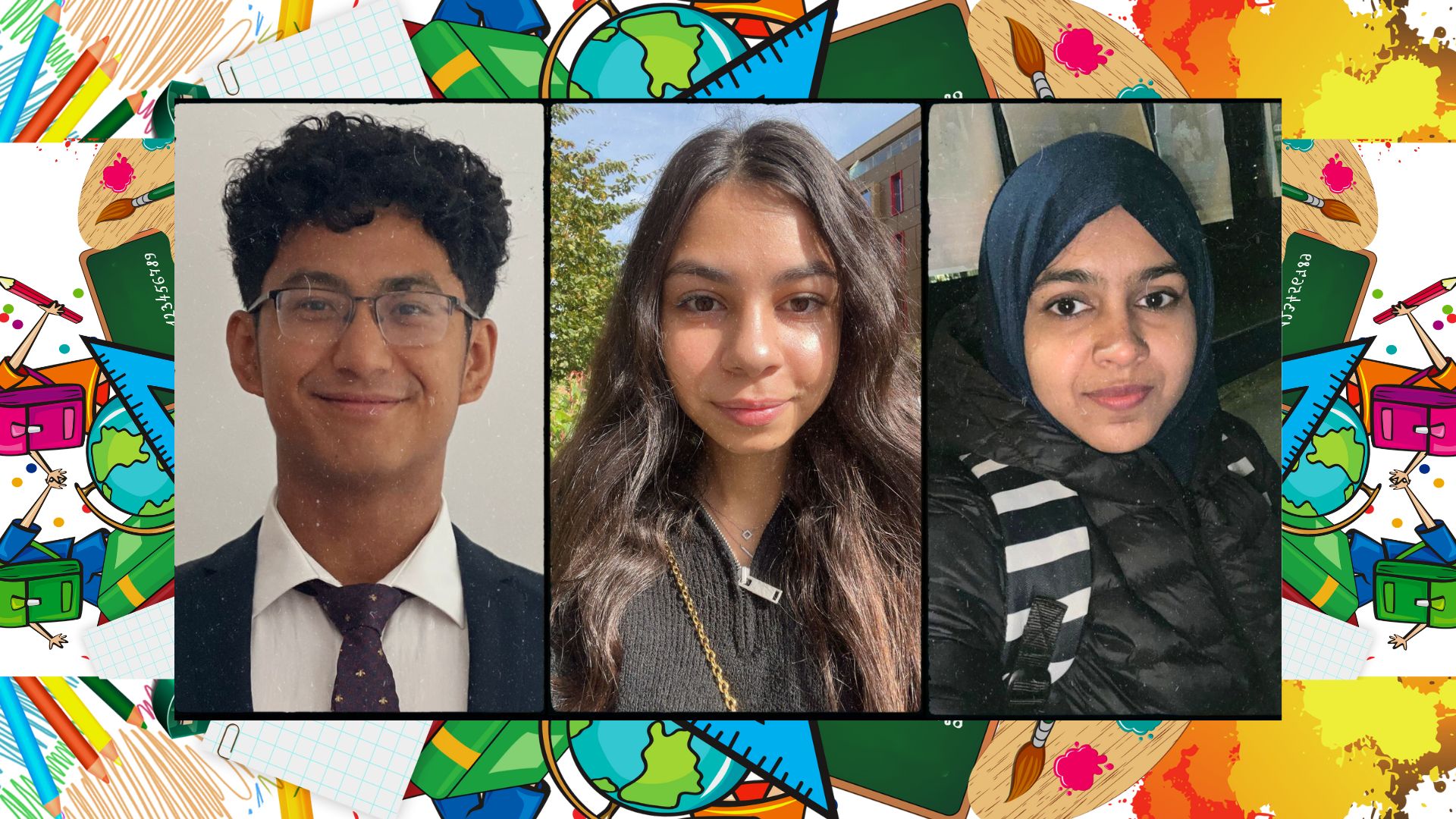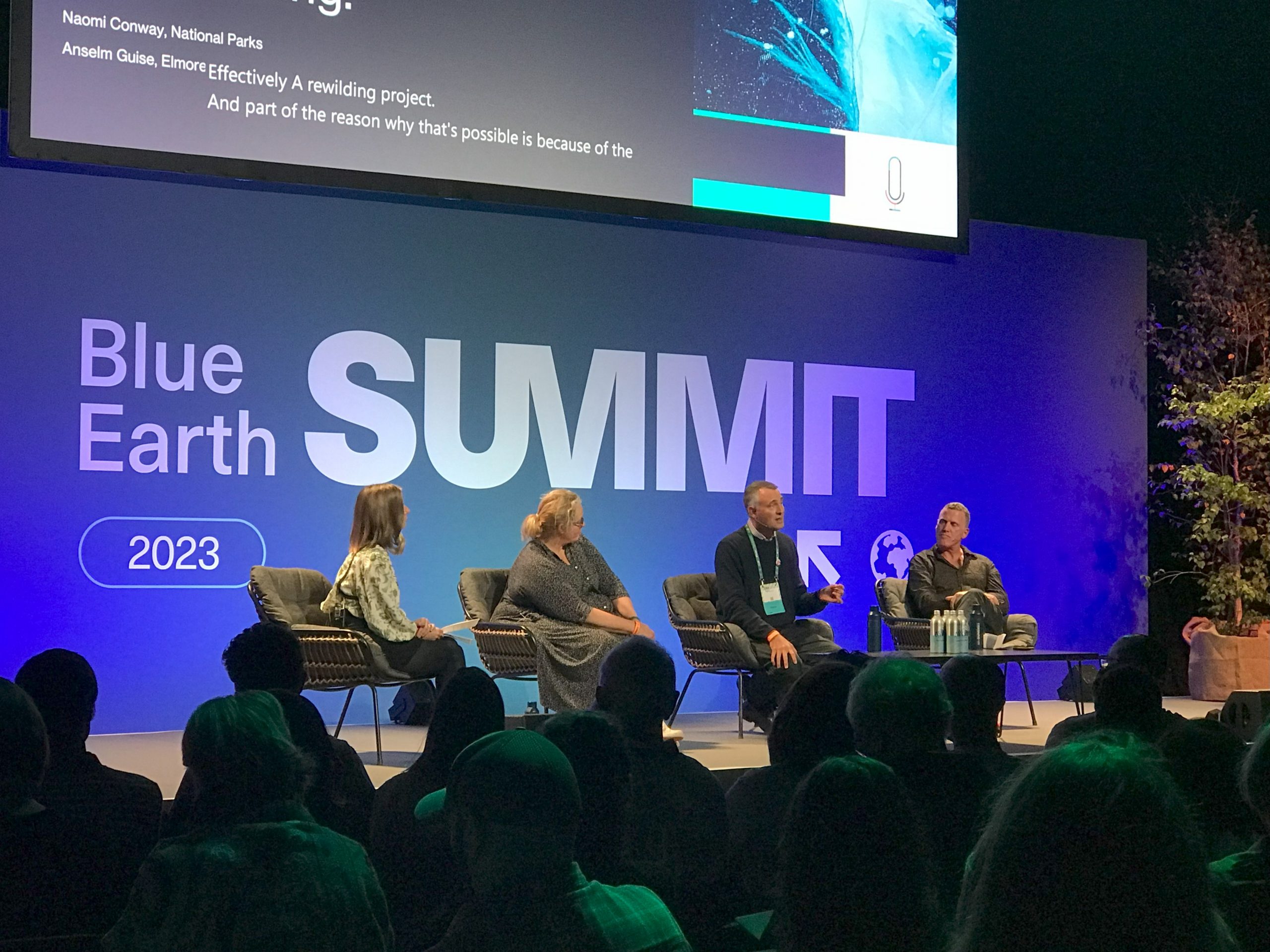Here’s a helping of Hallowe’en environmental horrors; sustainability demons that lurk, unseen in the shadows. But, in true 100 Ways in 100 Days fashion, here are some quick and practical actions to drive a stake through their metaphorical hearts. Or at least brandish the garlic at them with gusto.
Ta-dah, a few ways to help save the planet – and save money too…
Vampire energy
… is the energy consumed by thermostats, clocks, dashboards, adaptors and more (including smart products), all on 24/7. They suck low levels of power, even on standby – and can account for 9-16% of electricity use.
Culprits include monitors, lights, water coolers, microwaves, phone chargers, TVs and games consoles.
Vampire energy accounts for around 1% of the world’s total carbon emissions. Cutting it in half (in the US alone) is equivalent to turning off the carbon emissions of Jordan or Lebanon.
It also costs individuals and businesses a lot of money.
Easy tips to get started:
Set up a team of vampire hunters today to check out the evils in your workplace. Work out what could – and should – be turned off or unplugged. A journalist from Wired magazine did just that – and found a 30% saving on his bills.
Dark data
Digital data is NOT carbon neutral, as often assumed. Data storage takes up space on servers, consumes significant electricity and has a sizeable & growing carbon footprint.
-The data industry is predicted to account for more carbon emissions than the automotive, aviation and energy sectors combined
-Up to 65% of data generated is never used
-One person creates 1.7mb of data a second. That equates to 10 full DVDs in a working day; monstrous!
It’s therefore crucial that organisations (and we as individuals) think about how to manage data so, together, we can minimize its digital carbon footprint.
Easy tips to get started:
Don’t just delete unwanted emails, unsubscribe – and don’t cc people into emails unless totally necessary.
Fighting the fiend that is food waste – and how to avoid a pumpkin graveyard
Uneaten and discarded food is one of the planet’s biggest offenders in terms of greenhouse gas emissions. If global food waste were a country, it would be THIRD LARGEST emitter after China and the US.
But there are plenty of quick and easy ways to avoid waste.
Easy tips to get started:
After you’ve pimped your pumpkin, download our recipe* for a scrumptious vegetarian, gluten-free, and dairy-free pumpkin pie, to share around the office or tuck in at home.
Why not dry out the seeds for a tasty, healthy snack too – and do compost the shell.
Let’s banish those Hallowe’en sustainability demons today!
*Credit and thanks: to BBC Good Food. This recipe is a mash-up of two different ones (pumpkin and pastry base).







